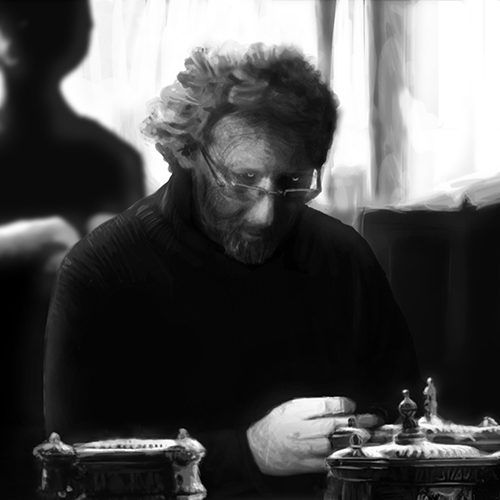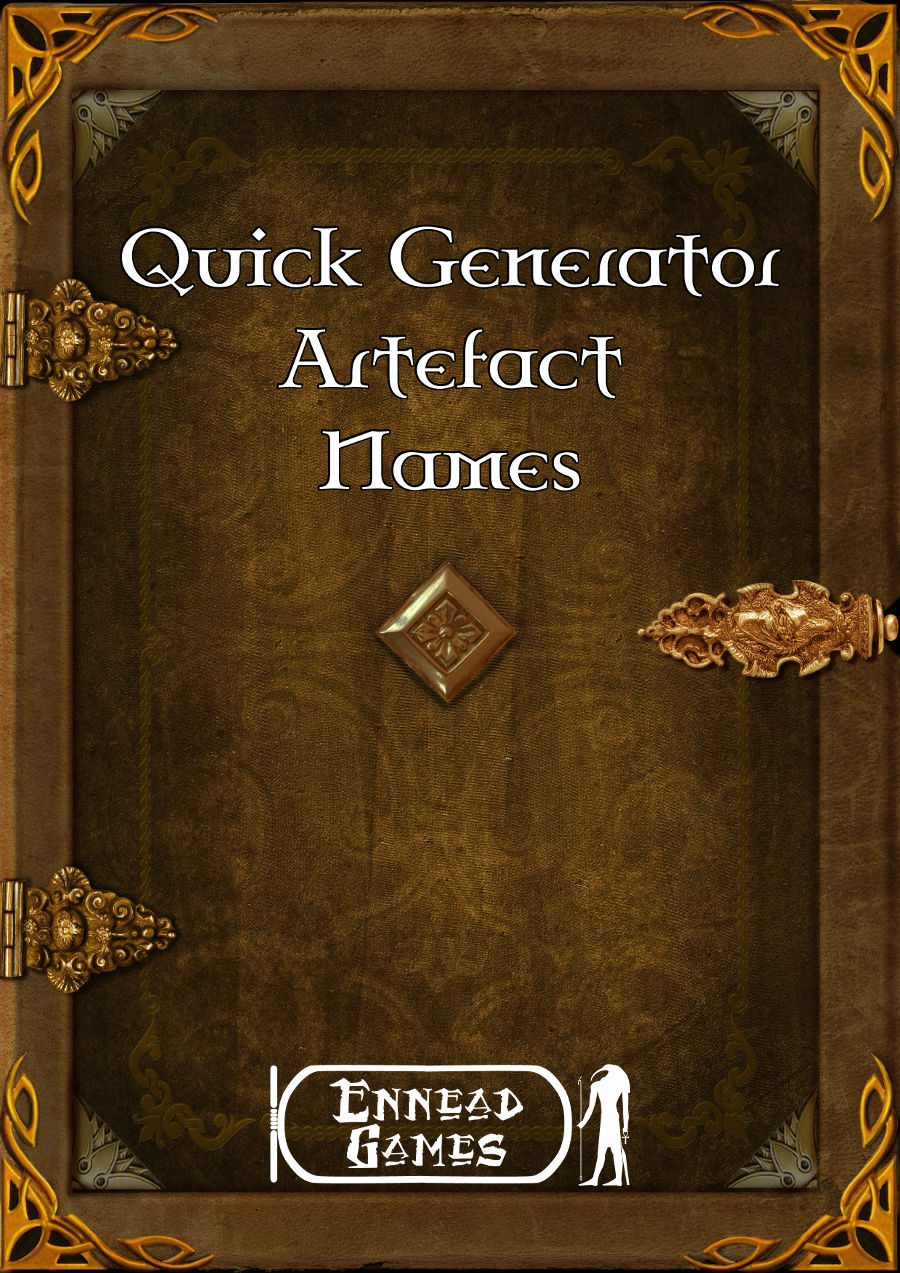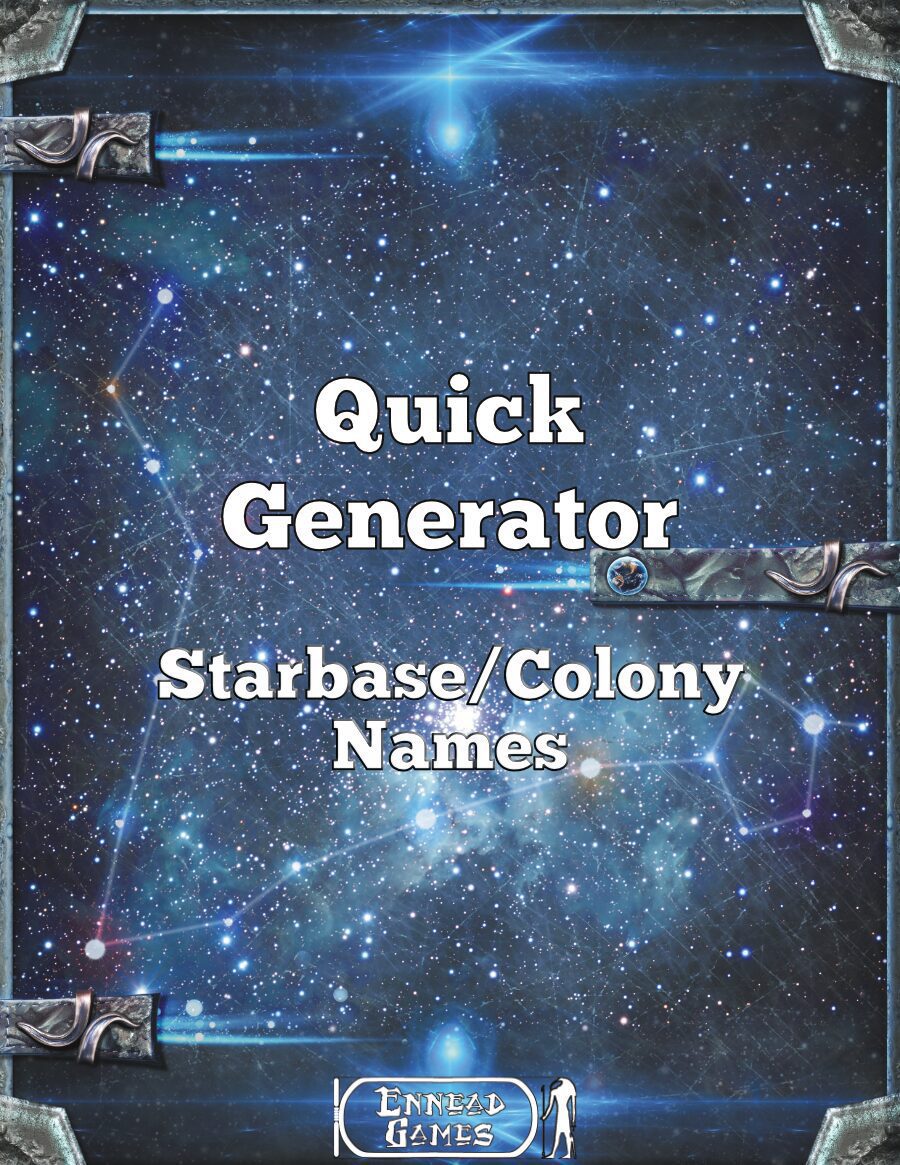
It’s a Lie: World of Dew Plot Twists
Phil Nicholls blogs at Tales of a GM, where he writes about narrative gaming, faster prep and more story. He is currently running a HeroQuest Glorantha campaign in a home-brew setting. Phil has written for Johnn Four’s Roleplaying Tips newsletter and has a selection of self-published pdfs.
This essay is taken from the archives at Tales of a GM. http://talesofagm.com/
Tucked away in this game of samurai noir is excellent advice for the GM. As usual, this advice applies to a broad range of games. The hidden gem I discuss today is a clever way to add plot twists to any game.
World of Dew
The game is written by Ben Woerner, and is billed a sequel to Blood and Honour. The introduction to World of Dew describes the premise as follows:
In Blood & Honour, John Wick introduced you to a world of the tragic samurai. In A World of Dew, I continue forward along the lines he has drawn to bring glory, tragedy, and honour to the lives beyond those of the samurai. Now you can tell noir tales about the ronin, geisha, gaijin, and more in Old Japan.
Along with the usual trappings of an RPG, Ben introduces a slew of interesting ideas. There is a section on collaborative city-building, along with extensive GM advice about style, tone and narrative techniques. This essay focuses on a small suggestion about adding a plot twist to your game.
Plot Twist
One of the GM tools in World of Dew is the Story Pool, a mechanism allowing GM input into the game. One possibility allows the GM to spend points from the Story Pool to change a previously established fact within the game: instant plot twist.
An established fact which later proves to be false is the essence of a plot twist. Whether this fact is the background of a colleague, the allegiance of a follower or the password into a fortress, the impact is the same. The Heroes now have to change their plans as one element is not what they expected, and the current situation is very different from their initial assumptions. The dressing on this twist may alter according to the genre, but the essence remains. What was once true, is now false, and the Heroes are in trouble because of it.
This final element of the definition of a plot twist is crucial. The sudden change in circumstances must be something which directly affects the Heroes and their story. If the Guard Captain’s eyes change from green to blue, then this is not a plot twist. For a plot twist to be relevant to the game, then it must cause the Heroes to change their plans. Thus, the best plot twists are ones where an important part of the Heroes’ plans or assumptions are revealed to be false. These are the plot twists which alter the direction of the game.
Player Expectation
However, thought must be given to how the Players will respond to having the facts changed on them. World of Dew is a noir game, a genre in which betrayal plays a strong role. Players familiar with the source material would be prepared for the type of plot twists Ben facilitates in the rules.
For Players of non-noir games, a little preparation is advisable. The changing of established facts should be one of several tools available to the GM. Yet it is best to warn Players how this can happen. It is hoped that Players will make their plans in good faith, based upon the situation as they understand it. However, they should be aware that they may not know the full story.
All of the Truth, some of the Time
There can be an assumption in RPGs that information presented to the Players by the GM is the truth. Most of the time, this is correct. Or at least, the information is true according to the perceptions of the Heroes, or the GMC providing the information.
The GM ought to make it clear to Players when a character is outright lying to the Heroes. We notice subtle body language cues in real life which alert us that an individual is untrustworthy. These physical clues are usually missing in an RPG. To compensate for the loss of these subtle cues, it is recommended the GM over acts the lying GMC.
Is this realistic roleplaying? No, probably not. Does it work for the game? Yes, it can. This all depends upon the style of game you are playing. If there is time, or inclination, to spend an hour roleplaying at the table to determine the trustworthiness of a GMC, then by all means adopt a realistic delivery. In such a game, it is for the Players to decide for themselves who to trust, and face the consequences.
Alternatively, in a fast-paced game, the GM may prefer a less subtle approach. So often in a television series, or a film, it is clear when somebody is lying. This may be clearer than it would be in real life. Why is this? Because the actor is hamming it up to make the lying evident to the characters and the audience. Take a leaf out of this approach, and make liars clear to the Players.
False Perceptions of Truth
So, if the GM makes it obvious when somebody is lying to the Heroes, then how should these plot twists be handled. If the Players expect all the liars to be obvious, then there is no scope for the shocking change in fortune. Such revelations usually pivot on some false perception of the truth.
The Scholar told them in good faith the right words to bind the fire elemental, but now they do not work. In this case there is the risk of the Players assuming the GM tricked them.
Twisting the Plot
The simplest option is to make the whole process transparent for the Players. Make them aware of this narrative option early in the game, certainly before you want to use it. Then, when the time comes for a plot twist, explain why it has been triggered, and talk with them about what to make false.
The change needs to be relevant to the game, involve the Heroes and have an immediate impact. Therefore, the plot twist should alter the current situation facing the Heroes. Learning they have been given the wrong words of binding seems irrelevant if the fire elemental has not been summoned. The time to reveal that particular plot twist is when the Heroes try to use the binding words, only to enrage the fire elemental.
For maximum impact, the twist should make the current situation worse for the Heroes. As a storyteller, the impact of the twist is often clear. Good Players will go along with the change of events, as it heightens the drama and can lead to a greater achievement when the Heroes overcome the odds. A good plot twist also gives the Players a strong motive for revenge later in the campaign.
GM surprise
The best thing about this technique is the way it can surprise the GM too. It is one thing to expect there will be twists to the plot. However, if the exact nature of the twist is left as something to improvise at the table, or discuss with the Players in the moment, then the GM can be surprised too.
Allowing parts of the story to emerge at the table can feel like a risky way to run a game. Yet, this is a brilliant opportunity for the GM to experience the emerging story enjoyed by the Players. This is a matter of taste, but I do not see why story should be just for the Players to enjoy. The GM is also part of the audience for the game, and this method is another way of enhancing their experience.
Conclusion
World of Dew by Ben Woerner is a great game with superb advice for GMs. I make use of his technique of altering established facts as part of my improvisation toolbox. What plot twists have worked in your game? Share your experiences in the comments below.
Happy Gaming
Phil
For more essays from Phil, and updates about his latest campaign, visit Tales of a GM.
http://talesofagm.com/




One thought on “[Guest] – It’s a Lie: World of Dew Plot Twists”
Comments are closed.